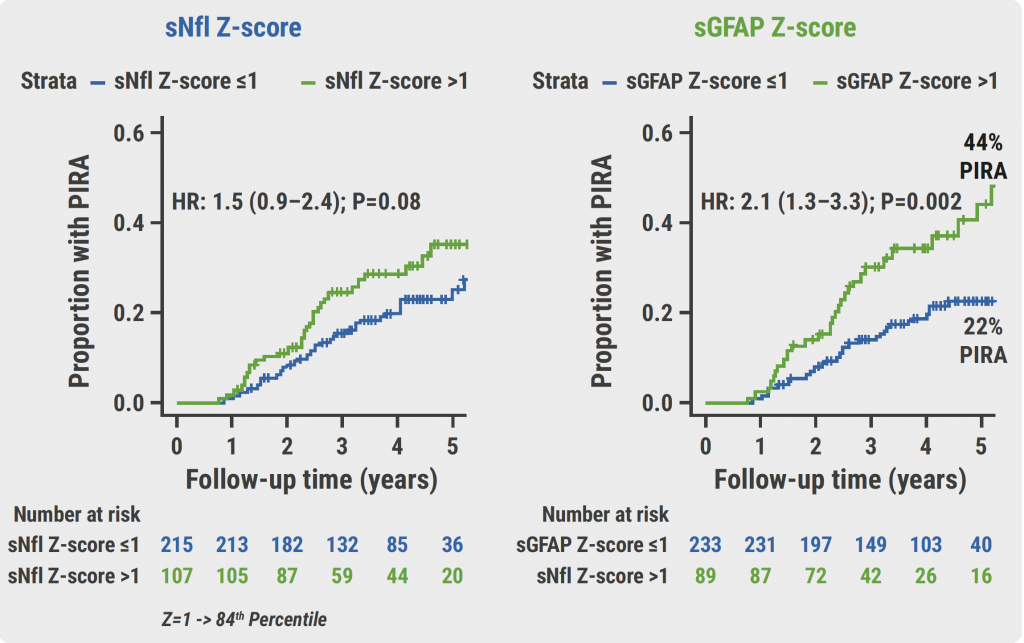Bruton's tyrosine kinase (BTK) is expressed in B lymphocytes and myeloid cells including microglia, which are major drivers of inflammation in MS. Tolebrutinib is an investigational, oral BTK inhibitor that penetrates into the brain.
Researchers examined the efficacy and safety of tolebrutinib (5, 15, 30 or 60 mg once daily) compared with placebo in 130 patients with relapsing MS, including 61 with highly active MS, defined as at least one relapse within the previous year, at least two relapses within the previous two years, or at least one active gadolinium-enhancing brain lesion in the six months before screening.
After 12 weeks of tolebrutinib, there was a dose-dependent reduction in the number of new gadolinium-enhancing lesions.
"Maximal effect was observed with the 60-mg dose and corresponded to an adjusted relative reduction in new gadolinium-enhancing lesions of 85% versus placebo," Dr. Daniel Reich of the National Institute of Neurological Disorders and Stroke, in Bethesda, Maryland, and colleagues report in The Lancet Neurology.
The average number of lesions was 0.13 for 60-mg tolebrutinib versus 1.03 for placebo. After 12 weeks, 28 (90%) of the 31 patients taking 60-mg tolebrutinib had no new gadolinium-enhancing lesions, compared with 44 (75%) of the 59 taking placebo.
In exploratory analyses, the volume of slowly evolving lesions was lower with 60-mg tolebrutinib compared with lower doses and placebo.
Headache was the most common adverse event with tolebrutinib, experienced by 13% patients in the 60 mg group. There were no safety-related discontinuations or treatment-related deaths.
"These results support continued development of tolebrutinib 60 mg in phase 3 trials with clinical endpoints, based on the well established relationship between reductions of gadolinium-enhancing lesions and multiple sclerosis relapse rates," the researchers say.
The author of a linked comment says BTK inhibitors "could provide attractive therapeutic benefits for patients with multiple sclerosis, with potential advantages over monoclonal antibodies because they might be less likely to trigger antibody responses, allergic reactions, or neutralization of their therapeutic actions."
"Additionally, these inhibitors, as small molecules, might be able to access the CNS and inhibit microglial activation," writes Dr. Jorge Correale with the Institute for Neurological Research in Buenos Aires.
"However, whether Bruton's tyrosine kinase inhibitors will be more efficacious than monoclonal antibodies remains to be established. Furthermore, Bruton's tyrosine kinase inhibitors might inhibit tyrosine kinases not involved in multiple sclerosis, potentially damaging unrelated tissue. Future studies should also record the occurrence of opportunistic infections and the response to vaccines in patients using these kinase inhibitors," Dr. Correale says.
The study was funded by Sanofi, which is developing tolebrutinib. Several authors disclosed relationships with the company.
SOURCE: https://bit.ly/2XCarRM and https://bit.ly/2XA0ZOP The Lancet Neurology, September 2021.
By Reuters Staff
Posted on
Previous Article
« Expression of X chromosome genes in the brain influences cognitive trajectories differently in men, women Next Article
FDA approves Cara’s drug for severe itching in kidney disease patients »
« Expression of X chromosome genes in the brain influences cognitive trajectories differently in men, women Next Article
FDA approves Cara’s drug for severe itching in kidney disease patients »
Related Articles
December 19, 2022
Chronic active MS lesions respond poorly to anti-CD20 antibodies

© 2024 Medicom Medical Publishers. All rights reserved. Terms and Conditions | Privacy Policy

